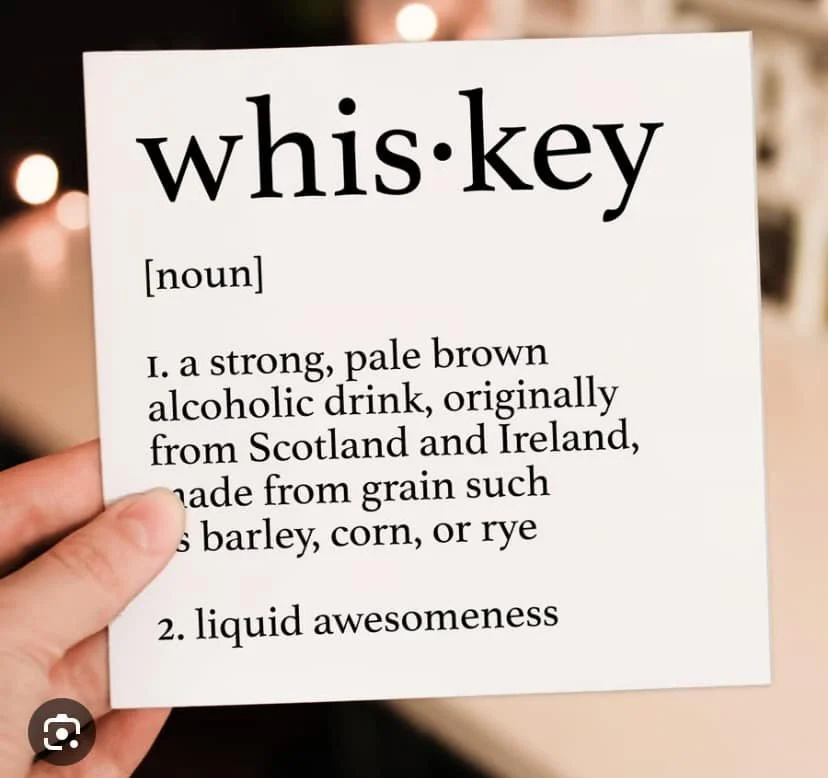Is it Whiskey or Whisky? The Age-Old Spelling Debate.
If you're a fan of this classic distilled spirit, you've probably found yourself scratching your head at one point or another, wondering why the spelling of whisky is so inconsistent. Is it whisky or whiskey? And why is there even a difference in the first place?
The origin of whisky dates back centuries, with strong ties to both Ireland and Scotland. The drink gained popularity in these countries and eventually spread to other parts of the world. But it was during this expansion that the spelling started to differ.
The main distinction lies in the spelling conventions adopted by the two countries. Irish whiskey and American whiskey are usually spelled with an "e" – whiskey. On the other hand, Scottish whisky, along with Canadian whisky and Japanese whisky, typically drops the "e" – whisky.
The reasons behind these differing spellings are rooted in historical and cultural factors. It all began with Irish and Scottish Gaelic languages, where the word for whiskey is "uisce beatha" (pronounced ish-ka ba-ha) – meaning "water of life." When this term was anglicized, it morphed into "usquebaugh" in Scottish Gaelic and "usquebae" in Irish Gaelic. As the spirit gained popularity in different regions, the English spelling diverged to suit the linguistic preferences. The Irish retained the "e" due to their influence from English language usage, while the Scottish maintained the Gaelic "whisky" spelling to reflect their traditions.
While this may explain the core difference, one might wonder why the spelling hasn't been standardized across the board. The truth is, even today, the spelling largely depends on the country of production and whether it adheres to the traditional spelling conventions. Furthermore, labelling regulations and legal requirements also play a role in determining the spelling.
In the United States, regulations mandate the use of the "e" in whiskey, a remnant of the Irish influence during the era of Irish immigration. In contrast, Scotland, the birthplace of Scotch whisky, steadfastly keeps the traditional spelling of whisky. Interestingly, other countries like Canada and Japan have adopted different spelling conventions depending on their respective histories and linguistic influences. Canadian whisky follows the Scottish tradition with the "whisky" spelling. Japanese whisky, inspired by Scotch whisky production techniques, also mirrors the Scottish spelling. No matter the spelling, to truly enjoy the nuanced flavors and aromas of Scotch whisky, investing in the best scotch glassware set is essential. These glassware sets are designed to enhance the tasting experience, allowing the drinker to fully appreciate the craftsmanship and complexity of each sip. From Glencairn glasses to traditional whisky tumblers, the right glass can make a significant difference.
So the answer to the question is both simple and complex. It largely depends on where the whisky is produced and the conventions followed in that particular region. Ultimately, what truly matters is the drink itself, the craftsmanship, and the flavors it imparts. Whether you prefer the "whiskey" or "whisky" variant, raise a glass to the rich history, diversity, and enjoyment that this golden elixir brings to our lives!
Cheers!
